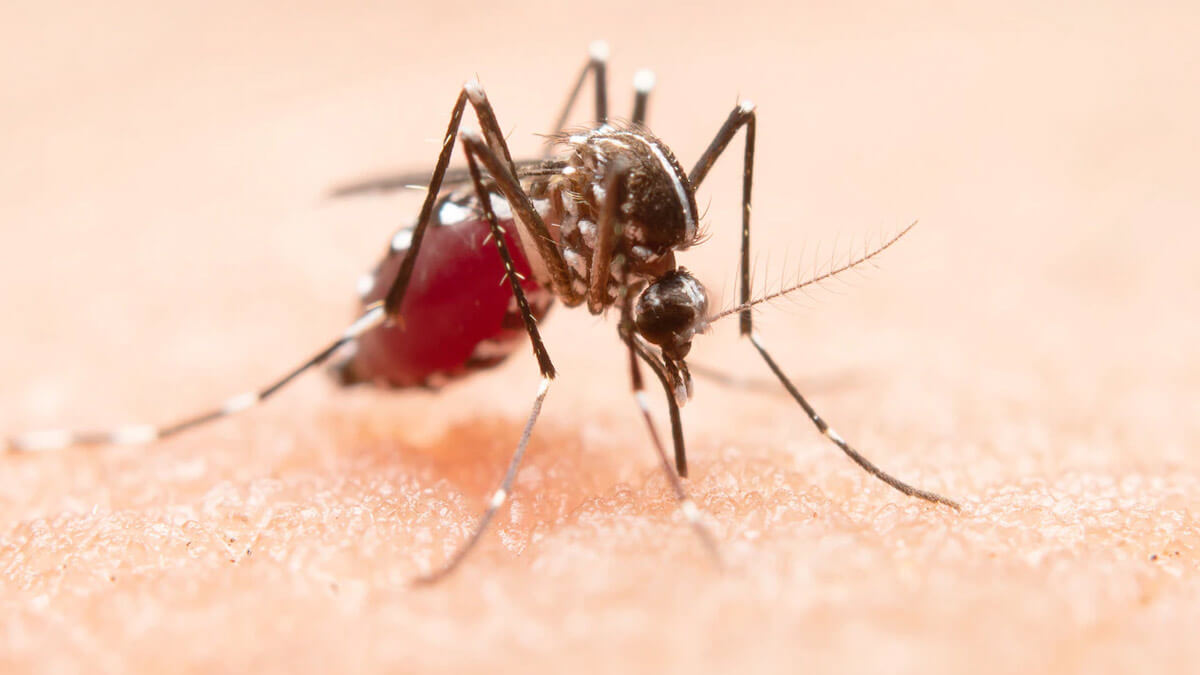Experts explains whether chikungunya can lead to arthritis or not
Wed 07 Aug 2024, 01:55:51

Chikungunya is a viral illness spread through the bite of infected Aedes mosquitos that is prevalent during the monsoon time. Especially stagnated water, unhygienic surroundings such as open containers, poor drainage systems or clogged drains, and discarded tyres act as breeding sites for mosquitoes.
When we spoke to Dr Ravi Shankerji, MBBS, MD, Internal Medicine, Apollo Spectra Hospital, regarding the symptoms, he said a few symptoms may be similar to other mosquito-borne diseases but based on the severity of the condition it can be identified. Even though the acute phase of chikungunya is manifested by fever and rash, the condition tends to lead to arthritis, a most formidable and rather worrisome aspect of the disease. The transition from the acute form of chikungunya to chronic arthritic chikungunya involves some factors:
. Immune Response: The chikungunya virus triggers an immune response that attacks the body's tissues. This auto-immunogenic response more particularly affects the joints, with a result of inflammation and pain symptoms. The persistent immune response leads to chronic arthritis in most of the patients.
. Joint Inflammation: In the acute phase, the virus causes an infection of the cells in the joint tissue and lesions. There would be responses to induce inflammation, which in some cases may become chronic leading to persistently experiencing general joint pains and stiffness. Inflammation can cause swelling of the joints, which interferes with the movement of areas that are
likely to develop arthritis.
likely to develop arthritis.
. Genetic Predisposition: Genetic factors probably play a role in determining who would acquire chronic arthritis following the infection of the virus. Some individuals having certain genetic compositions are more vulnerable to long-term joint problems.
. Viral Infection Reactivation: Sometimes the chikungunya virus may remain dormant in the body and may quickly reactivate causing continuous arthritis and joint pains. This reactivation can result in the progression of the arthritis linked to the disease thus becoming chronic.
Post-chikungunya arthritis permanently affects the quality of life of the patient in severe cases. Thus, the indicated constant pain, stiffness, and swelling of the joint might limit daily functioning, decrease the range of motion, and influence the quality of life. Some people may have problems with the simplest movements, for instance, walking, climbing stairs, or holding an object. This can also cause some psychological impacts which include anxiety and depression due to persistent discomfort and disability.
Chikungunya can be significantly reduced, and the complications of chronic arthritis can be minimised by following preventive measures like using mosquito repellents at home or the workplace, keeping the environment clean and hygienic, and refraining from water-logged places. Maintaining a healthy lifestyle like consuming nutritious foods, and physical activities like walking, and yoga all can improve overall health.
No Comments For This Post, Be first to write a Comment.
Most viewed from Health
AIMIM News
Latest Urdu News
Most Viewed
May 26, 2020
Do you think Canada-India relations will improve under New PM Mark Carney?
Latest Videos View All
Like Us
Home
About Us
Advertise With Us
All Polls
Epaper Archives
Privacy Policy
Contact Us
Download Etemaad App
© 2025 Etemaad Daily News, All Rights Reserved.






























